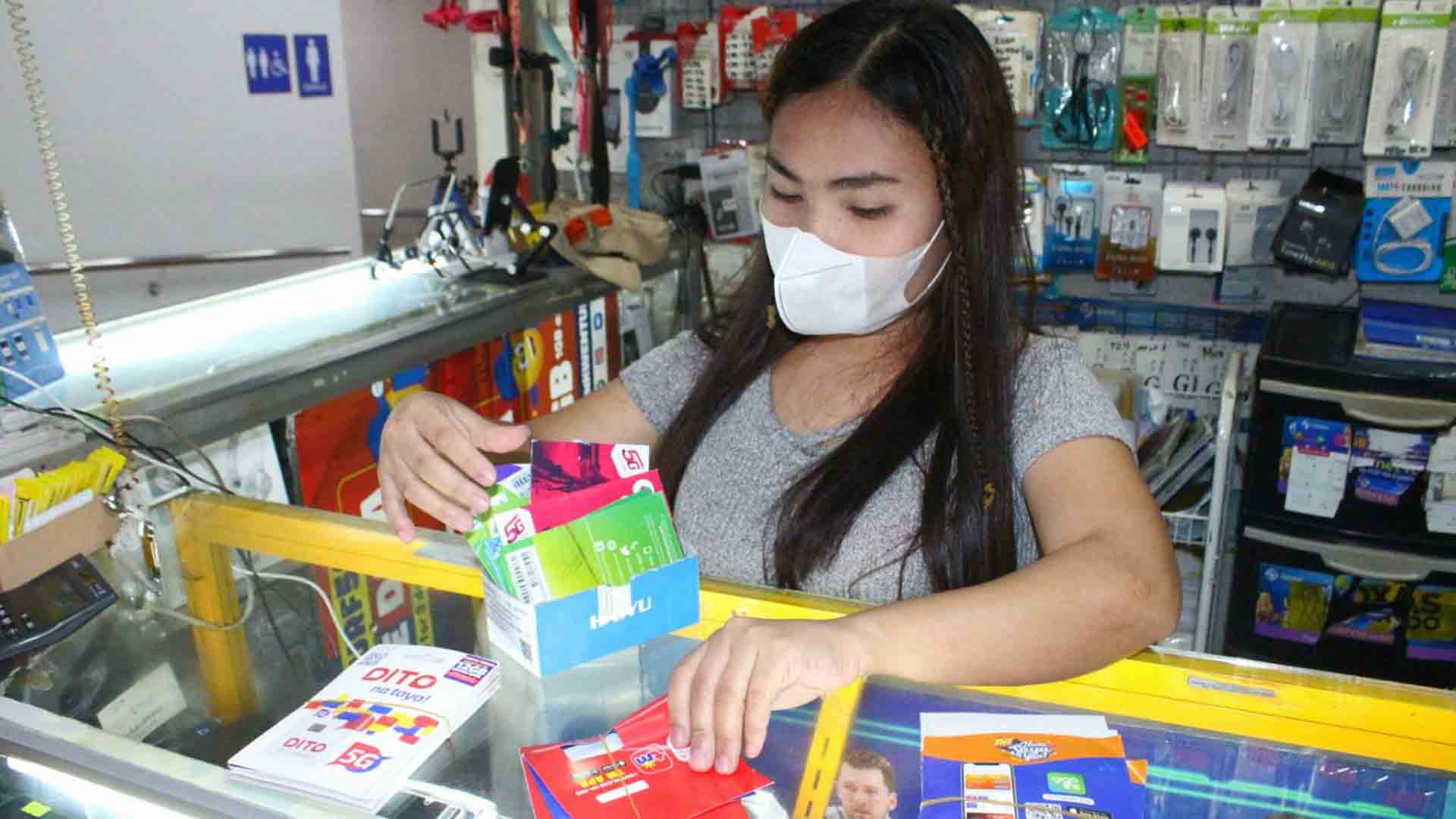A lawmaker on Wednesday said the Department of Information and Communications Technology (DICT) and the National Telecommunications Commission (NTC) should work closely with local public telecommunications entities (PTEs) to ensure a foolproof system in the registration of all subscriber identity module (SIM) cards.
Camarines Sur Rep. Luis Raymund Villafuerte said local PTEs should be given ample time to prepare for the mandatory registration and future-proofing of their systems, before requiring all cellphone users to register their SIMs within the prescribed period.
He said a primary concern is the safe collection and storage of private and sensitive data of would-be registrants that are stored in as many as 150 million SIMs.
He said the PTEs should also be involved in the crafting of the implementing rules and regulations (IRR) for Republic Act 11934 or the SIM Registration Act.
“The DICT and NTC should be 100 percent confident that by the time our cellphone owners are given a deadline to sign up, the would-be national database of SIM data is foolproof against attacks from devious local and foreign groups that hide behind the cloak of anonymity in perpetrating crimes with the use of cellphones,” he said.
Villafuerte said the DICT and NTC should come up with an “ultra safe” cybersecurity system that would likewise prevent PTEs or other groups from exploiting the would-be database for telemarketing purposes.
“Although we commend the DICT and NTC for wanting to put on the fast track the crafting of the IRR for RA 11394, we caution their officials against rushing headlong on the mandatory registration of SIMs without first ensuring that they have, in tandem with our PTEs, future-proofed their would-be nationwide system of collecting, storing and managing biometric data and other personal information from as many as 150 million cellphone numbers against data breaches and other security risks,” he said.
Villafuerte, who is a co-author of the law, supported the plan by DICT Secretary Ivan John Uy to let both prepaid and postpaid subscribers register their respective SIM cards online to avoid the scenario of them getting stuck in long queues to sign up at registration centers of PTEs in malls and other commercial establishments.
“Online registration by cellphone owners is a better option so as to avoid the specter of them getting stuck in long queues at the sign-up centers to be chosen by our PTEs,” he said.
He noted that once the law becomes effective, all existing postpaid and prepaid SIM users shall be required to register within 180 days, or about six months, to avoid deactivation of their cellphone numbers.
He said in the record-keeping of information, the law mandates PTEs to ensure that the end-users’ data are secured and protected at all times, and requires these companies to comply with “the minimum information security standards prescribed by the DICT consistent with internationally accepted cybersecurity standards and relevant laws, rules and regulations.”
The DICT, in turn, is mandated by the law to do an annual audit on the PTEs’ compliance with information security standards.
Speaker Martin Romualdez, who is the principal author of the House version of the SIM Registration Act, said the law will be the first line of defense against scammers, con artists, and criminal elements who use cellphone and other electronic communication gadgets for nefarious activities.
He warned text scammers to desist from their illegal activities, saying they will be caught and prosecuted to the full extent of the law.
“This Act will not only help promote responsibility in the end users of SIMs for electronic devices, but also provide our law enforcers the necessary tools to resolve crimes involving telecommunication devices,” Romualdez said. (PNA)









